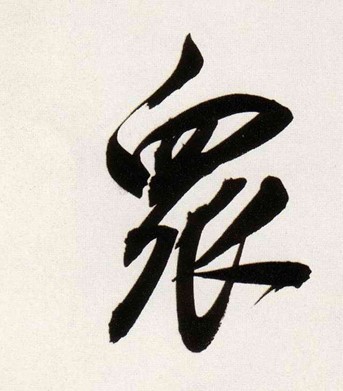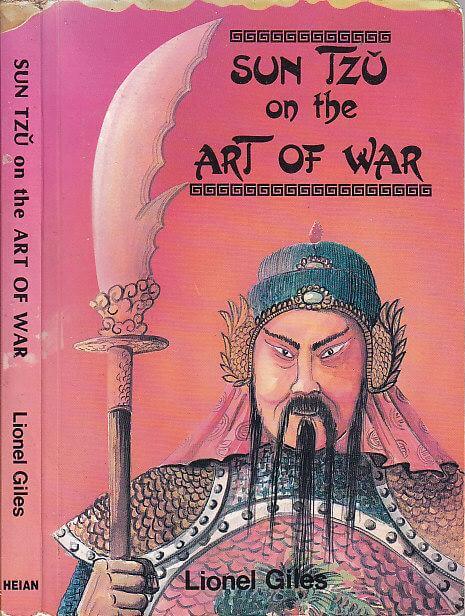One Hundred Unorthodox Strategies – 11. Large Numbers (Zhong 眾)
In warfare, if your forces are numerous and the enemy’s few, you should not engage them in battle amid ravines and defiles but must secure level and easy, broad and expansive terrain. Then, if your soldiers advance when they hear the drums and halt when they hear the gongs, they will always be victorious. A tactical principle from “The Methods of the Minister War” states: “When employing a large mass, advance and halt.”
(Translation by Ralph D. Sawyer)

Notes:
· The title “Large Numbers” (zhong 眾) signifies a “multitude,“ a “throng.“
· The quote from The Methods of the Minister of War (Sima Fa 司馬法) is from the first paragraph of Chapter 5 “Employing Masses“ (Yong Zhong 用眾).
Original Text:
凡戰,若我眾敵寡,不可戰於險阻之間,須要平易寬廣之地。聞鼓則進,聞金則止,無有不勝。法曰:「用眾進止。」
Historical Example:
The historical illustration recounts the famous Battle of Fei River (淝水之戰), fought in 383 CE, where Fu Jian 苻堅 of Qin was decisively defeated by the numerically inferior army of Eastern Jin. In November 383 CE the Qin troops set up camp west of the Fei River. The Jin forces stopped east of the Fei and could not advance. The commander sent a messenger, suggesting that the Qin forces retreat slightly west to allow Jin troops to cross the Fei River so that the two armies could engage. Most Qin generals opposed that plan, since maneuvering such a large army in that manner was too complicated for the benefits that might be obtained, especially with so many poorly trained troops. Fu Jian overruled them, however, planning to attack the Jin army as it was crossing the river to seize a tactical advantage, and so he ordered a retreat. Many soldiers in the Qin army began to wonder why a sudden retreat order was given, and, already suffering from bad morale, the Qin army went into a panic and was routed.
